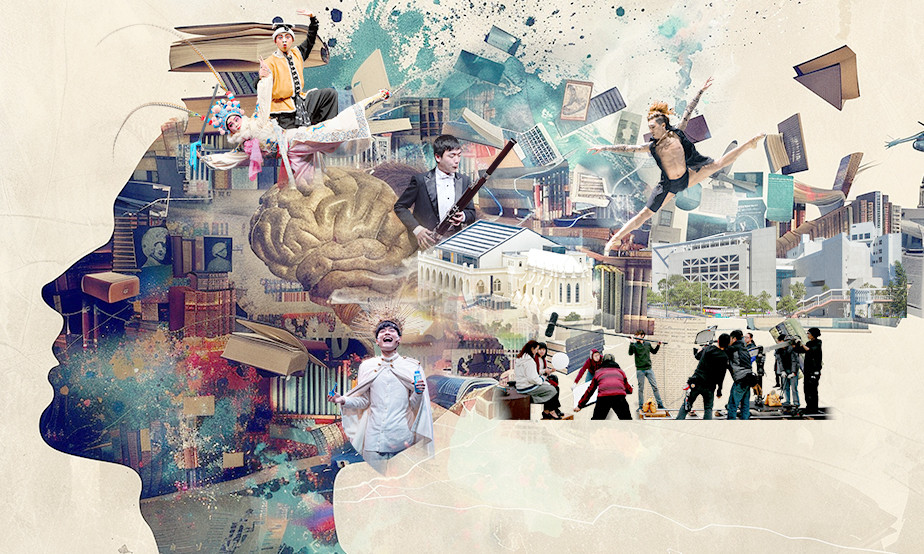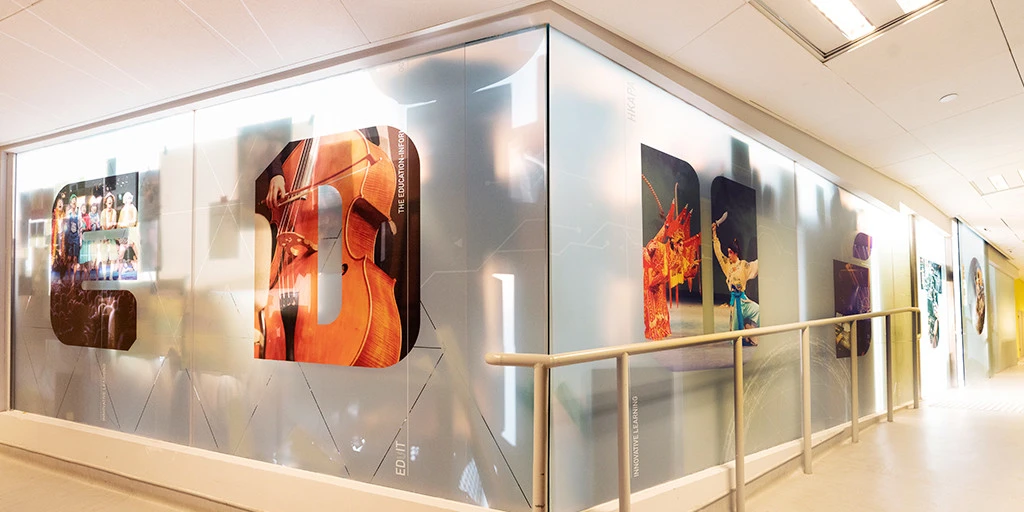
Constructivism in education emphasizes that learners actively construct their own knowledge and understanding of the world through experiences and interactions. Rather than passively receiving information, learners engage with materials, real-world scenarios, and peer interactions to build meaningful insights.
In constructivism, learners acquire knowledge most effectively through hands-on experiences, experimentation, and problem-solving. Collaboration and discussion among peers are crucial, providing valuable opportunities to share perspectives. Students are also encouraged to constantly reflect on their experiences to consolidate their learning.
Transformative learning, proposed by Jack Mezirow, emphasizes profound changes in learners' perspectives and the re-evaluation of their thinking. This process involves critical reflection and thoughtful review, leading to a transformation in understanding through the learning experience.
Transformative learning reshapes how individuals perceive the world and engage with it, empowering them to enact change. Two key components are critical reflection and active participation in dialectical discourse, both of which enhance reflective judgment. This learning experience often involves questioning one’s beliefs and trying out new roles or behaviors. As individuals practice these new behaviors and integrate them into their daily lives, they develop greater self-confidence in their newly adopted habits.
Personalized learning is an educational approach that adapts teaching materials, instruction, and assessments to meet each student’s needs, strengths, weaknesses, and interests. It acknowledges students’ backgrounds, learning styles, and paces to create a customized educational experience. This approach often provides flexibility, allowing students to choose how, when, and what to learn, with tailored materials along their learning paths.
Personalized learning often includes these components:
- Individualized Learning Paths
- Flexible Learning Environments
- Ongoing Assessment
- Student Agency
- Collaborative Learning
Today, artificial intelligence and other educational technologies enhance personalized learning by identifying students’ learning habits, weaknesses, and interests, enabling the allocation of suitable learning activities tailored to each individual.
Gamification in education involves integrating game design elements and principles into the learning process. This approach enhances students’ motivation and engagement, making learning more enjoyable and interactive. Gamification typically includes clear goals for students to achieve and immediate feedback to help them adjust their strategies. Collaboration is also encouraged, fostering teamwork and allowing students to learn from one another.

